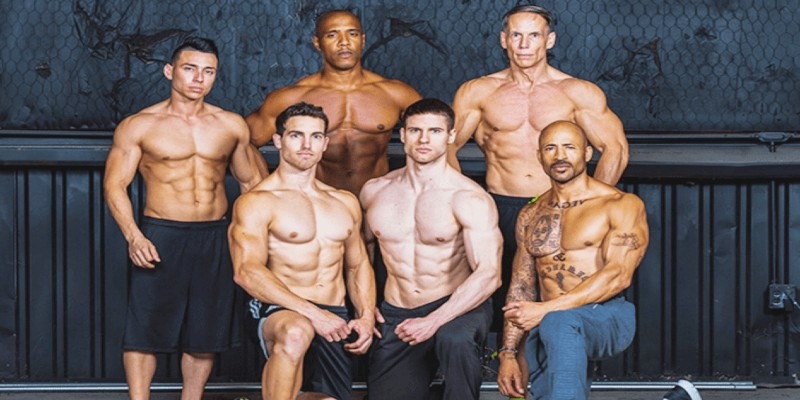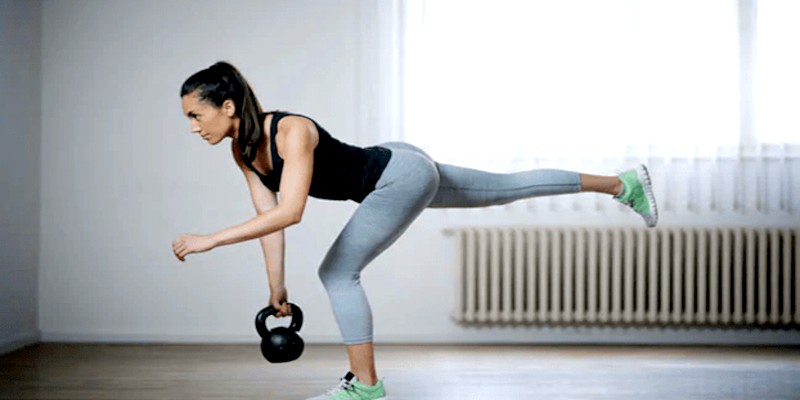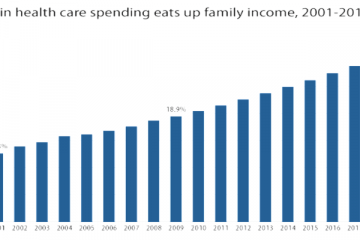Filling in high protein such as seitan, tofu, quinoa, etc. will help to improve the best bodybuilding vegan by satisfying your protein needs. The more traditional body-makers use protein such as meats and eggs to fill their diets. But the new rise of muscle men and women threatens meat intake through the use of plant-based diets.
As a part of bodybuilding, you are committed to and strict with your diet. Many are continuing to develop vegan and change their eating habits entirely because they have heard or believe in something.
Here Are Few Ideas About Best Bodybuilding Vegan
1. Get enough calories for bodybuilding vegan
You must, first of all, make sure that you get enough calories, as a vegan body bodybuilder. Michelle Loy, Go Wellness nutritionist in Huntington Beach says the body is more likely to turn on the inbound protein for food if you do not get enough calories daily and that you may be seeing a deficiency for natural bodybuilding.
2. Eat plenty of fruits and plants
Secondly, make sure you eat plenty of fruits and vegetables. They would provide you with a high-quality nutritional supply and the antioxidant defense to sustain the immune system’s strong feeling.
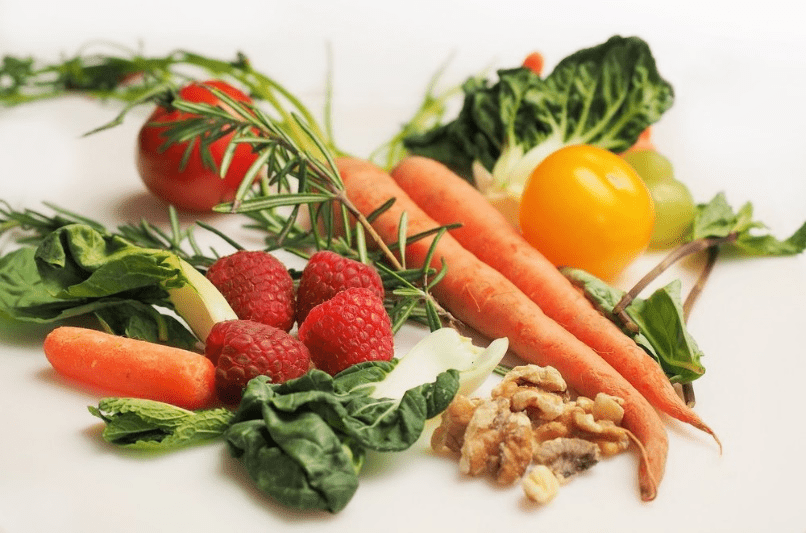
3. Do not miss chickpeas or legumes for bodybuilding vegan
For bodybuilding vegan, who wish to grow muscle, chickpeas and other legumes are some of the main protein sources they could explore. These are also healthy low-fat carbohydrate sources and are a perfect snack before the training session of bodybuilding men.
4. Quinoa rice swap
If you still eat brown rice for your meals, change it out with quinoa. So, the average protein ratio of a mixture of brown rice and Avena meal named quinoa is higher. Quinoa is a total protein source, while brown rice is not. However, this is important for the process of muscle building.
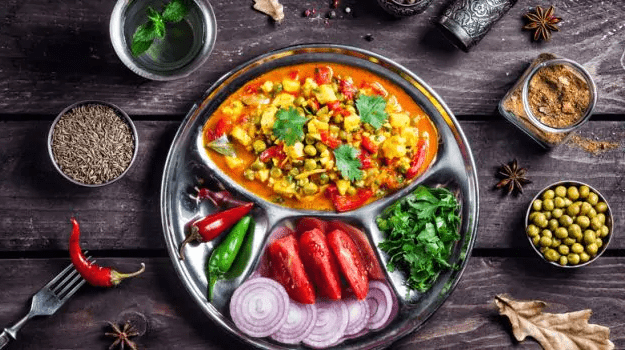
5. Using powders for soy protein
The use of soy protein powders is a good decision for bodybuilding vegan. These can help to increase protein consumption significantly and make it easy and comfortable. If you ensure that they are combined with other protein sources, they’re a “must-have” for your regular diet.
6. Avoidance of severe food dependency for bodybuilding vegan
One great error many vegetables make is that they depend heavily on foods that are excessively cooked. Don’t just do this. Don’t do this. Being a vegetarian means that you don’t have as many high-carb ingredients as you want, so that’s free to eat. You must also eat well and want to sustain a fresh diet that includes whole grains, apples, vegetables, and nuts.
7. Keep brief but hard the exercises
As for bodybuilding vegan, you should look for quick, yet rigorous sessions when it comes to your exercise. This helps avoid a lack of muscle mass and keeps the body away from protein for training. An extended exercise could increase your protein requirements, which may make a vegan diet tougher.
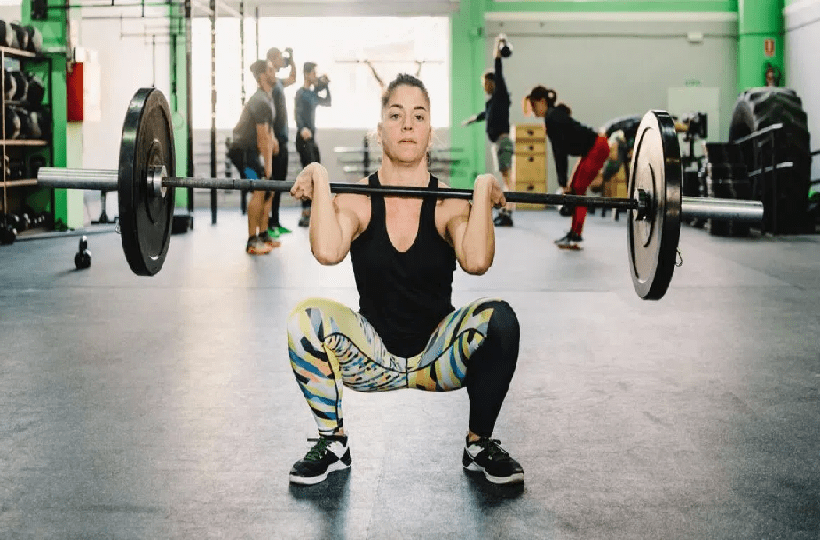
Pro Tips for Bodybuilding Vegan
One of the main reasons why many plant-based dietary workers find it impossible to the muscle is vegan bodybuilding. This is more than the conventional omnipresent solution. Studies have found that plant and meat-eaters tend to have a higher muscle mass index to make it more complex.
The long list of misconceptions concerning abundant protein quantities that are included in meat is still available. The reality is that in high doses you will even get plant-based protein. As you know which ones are the most important.
So, we’re moving in here. Eight tips have been listed to help you increase your vegan muscle program.
Understand the Vegan diet in muscle construction terminology
First thing: first, you have to grasp the vegan diet fully. How it impacts the construction of muscles.
If you don’t, the future disadvantages and restrictions won’t be answered. Your vegan muscle-building scheme would be a challenging challenge for you. And of course, the findings are far from what you wanted and what you predicted.
The trick is to cultivate a bodybuilding system that consists of the right meals. This is high in milk replacements filled with protein and calcium. And combine the exercise properly.
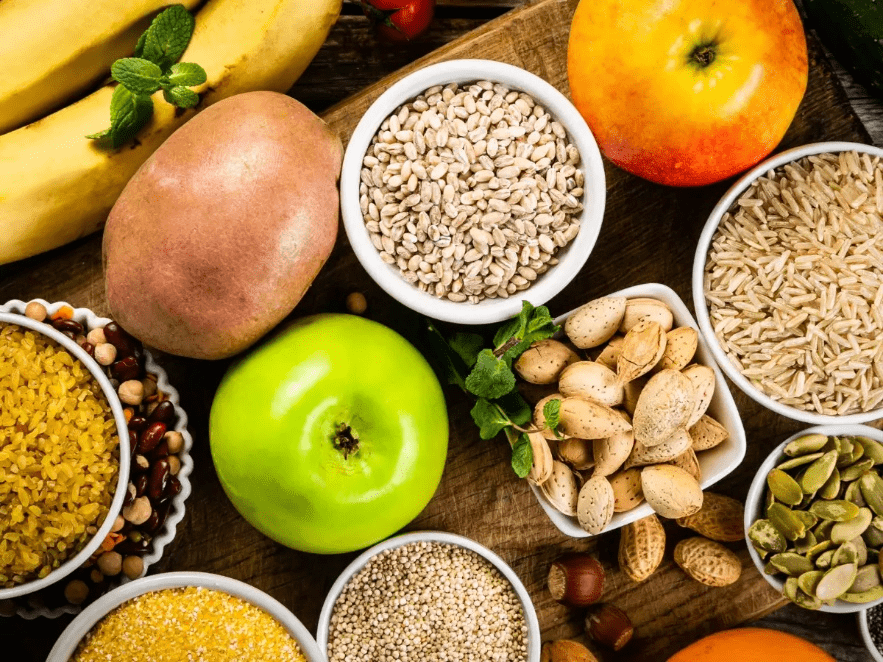
From there you will make the right changes and pave the way for yourself to be strong and supportive.
The first component – the protein bit is the greatest factor in your muscle-building program’s performance (or failure). Yet it is one of the fields of vegan cuisine that have been often overlooked. And why many desirable vegan bodybuilders would never get the success they were hoping for.
Basic facets of dieting for bodybuilding vegan
Because basic facets of dieting and fitness are more important when it comes to developing muscles. You need a compound exercising regimen
- Restoring Aerobic Exercises
- Load up carbs, for example, to maximize your muscle-growing program: – Keep calory shortages at bay • Continue to overload your muscles
Add More Protein To The Body
Again, the most essential last component of protein. Since protein is the building block of life, as you have discovered in classes. Enzymes, proteins, bodies, and tissues would collapse without it. You’re not going to have muscles without it. You won’t have to develop muscles first.
This is why you begin with understanding a plant-based diet by taking the first critical step towards a whole new stage of your vegan body muscles.
Set realistic hopes for bodybuilding vegan
Let’s face it. Regardless of how many people urge you to accept only your present body, it’s difficult to do anything. We just like to see what we do, and this can mean slimming down or buffing up in certain situations. But why should people tell you otherwise, if building muscle is what you want to do? It’s your body, and before you damage it and feel happy, have it bulked up by all way.
However, it is important that you first set reasonable goals. This does not only apply to those who wish to follow vegan muscular regimes, but also to those people who have health aspirations.
You must have a practical view of how much the muscles can be developed. If the body cannot reach the degree itself, there’s no use in trying to get a body like that of Dwayne Johnson. If you fulfill these realistic goals, you will proceed to prepare the muscle-building program for your farm.
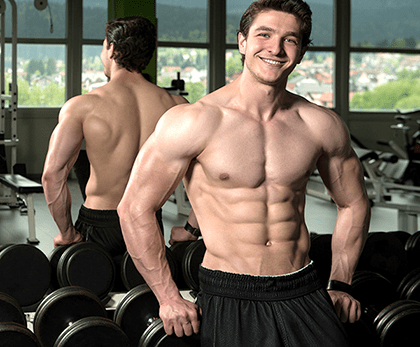
Food for Bodybuilding Vegan
You may need to learn a few food bodybuilding “Rules” that extend to all if vegan bodybuilding sounds like something in which you might have a passion. In bodybuilding vegan, both meat and non-meat eaters break their season into two phases: a season for the crops and a season for cuts. The athlete’s diet in the bulking process is high in calories and high in protein, and they exercise strength intensely to add as much muscle mass as possible. Then athletes aim to reduce their total body fat by a steady cutting off calories and fat consumption during their cutting process. (BTW: Plant-based diets are an optimum way to lose weight.)
The quantity and balance of the three essential macronutrients of proteins, carbs, and fats need the correct number of calories in all these processes. “We need to regenerate, strengthen, and lower weight for our bodies around calories and food in protein, carbs, and healthier fats,” said Dr. Balduzzi.
Each person can vary in calories and macronutrient breakdown. Many athletes collaborate with a nutritionist or trainer in helping them recognize their calories or macronutrients at any point of the training, said Natalie Matthews, vegan bodybuilders, IFBB Bikini Pro, and Fit Vegan Chef’s founder. That said, it might be beneficial to have some calories and macronutrients.
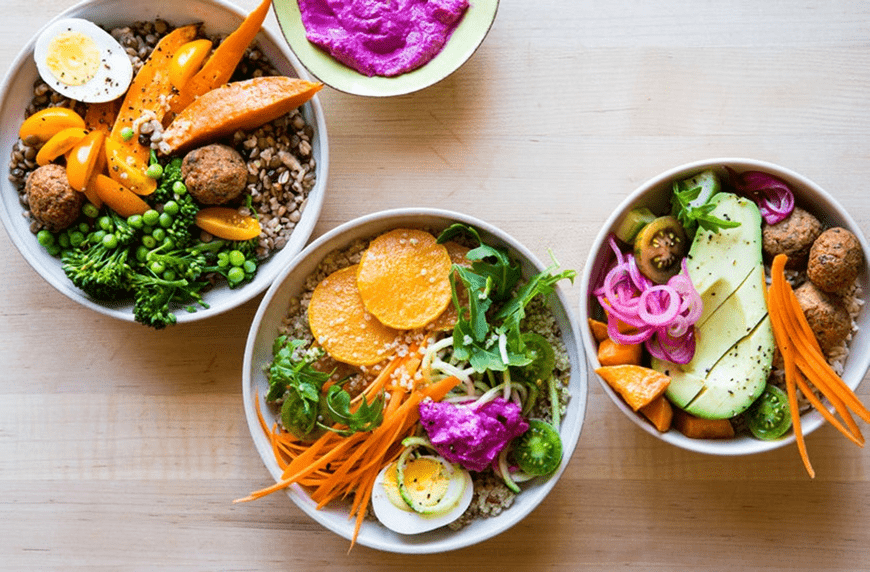
Know How Much Protein You Need to Develop Your Muscle
Then… The sedentary person requires about 0.36 grams a pound (or 0.8 grams a kilogram) a day, according to the National Institutes of Health. But that’s for people who don’t move and sweat much.
This number goes from 0.6 to 1.2 grams a pound per day for someone who wishes to embark on a vegan muscle-building program. The actual number depends on several aspects, how involved you are in achieving your exact objectives (more on this later).
The use of protein
Here is a better guide to follow as regards the use of protein, since this comes from the International Sport Nutrition Society:
- The optimal intake is between 0.64 grams and 4.4 grams per pound of protein to train individuals (1.4 and 2.0 grams per kilogram a day)
- The minimum intake of protein is at the lower end for those concentrating on endurance activities
- The recommended consumption of protein is about the center of the spectrum for those who do sporadic activities
- The minimum intake of protein is at the top for those participating in strength or power workouts.
Yet one thing holds valid regardless of the case:
Since we are all about developing muscles, you will need to bump up your protein consumption.
Breakdown of Macronutrients for Bodybuilding Vegan
“When beginning a bodybuilding vegan al schedule, one of the greatest errors people make is not eating enough quality calories which can slow the effects of muscle building,” Dr. Balduzzi said. Then, what is the consistency of a meal? Its breakdown of the macronutrient. (Related: The complete Macro Diet Guide).
The main foods that the body needs to function properly and efficiently include protein, carbohydrates, and fat. In theory, the idea of “counting the macros” means that you have a particular balance every day.
“Macro diet is also known as a versatile diet, as long as you’re on your target at the end of the day you can use any food you want,” says Matthews.
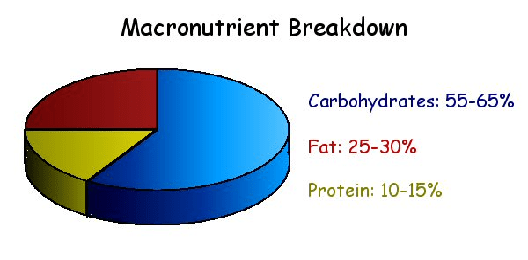
Is this isolated for athletes from vegan and non-vegan? Nope! Matthews said, “The macronutrients are the same. “The same macro-nutrient breakdown is triggered by my mentor and omnivores; I do use vegan diets to reach them.”
The Essence of The Macronutrient Breakdown
There is no tough and quick rule as to the essence of the macronutrient breakdown, and based on the distance from competition, ratios will likely change. “You generally want to maintain high calories, low-to-moderate fats, and high enough protein to help the muscles development, with bodybuilding,” said Venus. “So normally you can reduce calories, decrease consumption and marginally increase intake of fat when you begin ‘cutting’ before a competition.
For example, a 20 / 60 / 20 proportion of protein/carbon/ fat is typically required in general recommendations, whereas Matthews consumes a higher protein diet at a 40 / 40 / 20 breakdown. Due to this breakdown, you would want to work with a specialist on it in the cutting and bulking season. “To have a second pair of eyes while your body bodybuilder makes sure that you feed right,” Matthews adds. “It’s extremely beneficial.
Understand That Not All Plant Protein Is Good For Building Muscles
This is one of the most popular misconceptions in the community for the bodybuilding vegan muscles. You’re going to forget it. Recognize instead that not everyone’s protein is comparable. Not everybody will support you with the system for muscle building. What is the reason?
Because the amino acids here we’re talking about. If protein is life’s building stone, the building blocks of protein are amino acids.
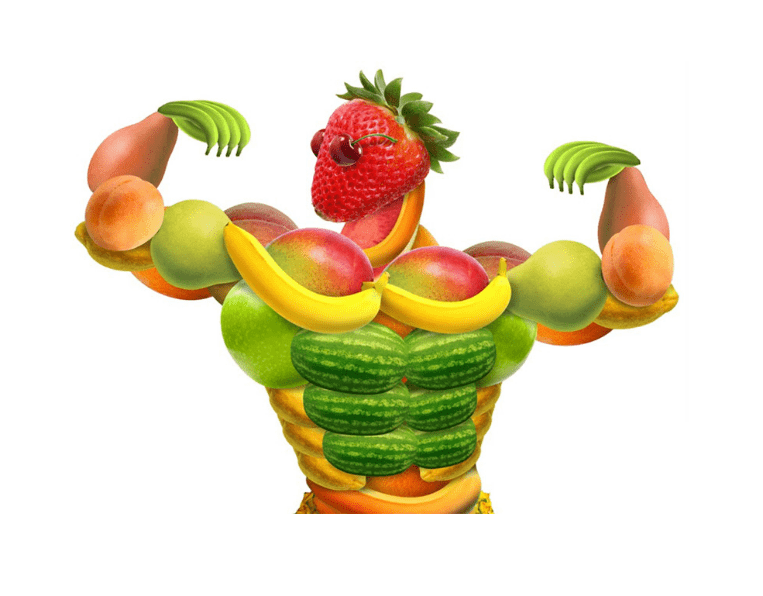
We don’t have protein without amino acids. And we don’t have tissue lacking protein, like muscle tissue.
It takes 21 types of amino acids to keep the body alive and kicking. You must get 9 of these from fruit. They are the “essential amino acids” we call them.
Six, leucine, has plenty to do with building muscles. In short, it activates the synthesis of proteins, which cause your cells to expand. And bigger muscles come out of cell growth.
This is why research has found that the amount of leucine a meal contains affects the following protein synthesis. And that is why you should build your bodybuilding vegan diet around high-leucine foods.
For example, when choosing between hemp protein of 100 grams and pea protein of 100 grams, you should realize that the latter will improve the capacity for muscle building.
Know What Plant Proteins The Body Easily Absorbs
“You’re not going to get all the necessary plant protein amino acids!” This is not real. This is not true. As many people say, plant proteins are not incomplete. However, that doesn’t guarantee you should get anything you need to develop your bodybuilding vegan muscle.
It is not easy for the body to digest its amino acid contents that makes it difficult to develop muscles in vegans than in omnivores. Some also contain lower amounts of important amino acids. To fight that, you must ensure that your body supplies plant proteins that are easy to digest. The good news is, plenty of them exist.
Your top selections are here:
- Organic tofu, edamame, and tempeh
- grains, including black beans, lentils, limas, peas, and potatoes
- Nuts such as almonds, almond, and horse nuts
- Seeds such as buckwheat, chia, chickpeas, and quinones
- Seeds of black beans, poultry, and wheat
- From these sources, you want to get at least 70% of your daily consumption of protein. The body absorbs them easily. And that will allow you to create your meals around these top protein sources.
Consider additional information
With a bad strategy and lack of choice, a diet can lack those nutrients, and there are no exceptions to a bodybuilding vegan diet. Matthews says it will help to reduce the chance of malnutrition by consuming different foods and prioritizing items during the entire season.
However, these other nutrients should be noted:
- Vitamin B12: “Vitamin B12 is the only vitamin that you cannot contain in plant food, so most physicians prescribe that vegan supplements be fortified with B12,” Venus says. (The two take a supplement to He and Matthews).
- Iron: “While you can get iron from plant sources such as spinach, beans, and raisins, this (non-heme) kind of iron appears to be poorly absorbed. Dr. Balduzzi advises that iron be used with some vitamin C to improve absorption, as it has been shown that absorption has been significantly improved.
- Vitamin D: Lack of vitamin D is also very common, according to Moreno, since it is most common in diets dependent on animals. Besides, vitamin D is deficient for 3 quarters of all adults.
- Omega 3s: Balduzzi also recommends a supplement with omega 3. “The omega 3 is found in chia seeds and flax seeds so I am also taking a bodybuilding vegan algae omega 3,” says Matthews.
“Talk with your primary care provider and see whether your health care provider is in danger or has deficiencies, and consult with them to decide what supplements you can take, rather than buy them willy,” Moreno says.
Plan Your Food From The Above Food List
You will now prepare your meals after having more information about the functioning of plant-based proteins and which proteins are the greatest in terms of absorption and content. This move is simpler because you already know the composition of your body and set reasonable standards.
Here is a four-step method to make the right food:
- Consider the calories you need
- Macro Factor
- Do not fail to get your dinners properly in time and size
- Ensure that you have a change
In vegan muscle building, folk, variety is important. And while many people assume that vegans are selecting only very small, it’s not true. You can pick too many dishes, starting with the most delicious breakfasts, simple lunches, and even great dinners. You ought to improve and it is a vital opportunity to help you hold to your muscle-building scheme.
Take a lookout for potential shortcomings
You have heard people warning you about iron defects, whether you are a beginner to plant life or a veteran. And how does it place you in a position of life or death?
This does not mean the veganism or body-building ambitions should now be abandoned. This does not say, though, that you should not block out these notices and ignore them entirely. Deficiencies in micronutrients should occur so be sure to pay attention to them.
Combine it
You may be tempted to eat the same thing over and over again while counting macros and calories or preparing food. But a decent meal plan (or any, for that matter) for bodybuilding vegan requires variety.
“A range is going to help you get all the important amino acids that your body needs,” says Dr. Balduzzi. This is particularly relevant where “cutting,” when inadequate preparation leads to dietary shortages even more likely, he says.
Don’t worry. “For vegan meals, there are so many creative things you can do! Lupini seitan, vegan sausage, tofu scramble, vegan sushi dish…… And it’s just the iceberg edge, “Matthews says that.
Potential advantages of the vegan diet
There are many possible health benefits associated with the vegan diet.
Reduces risk of cardiac failure
The risk of contracting heart disease tends to be considerably smaller in individuals who adopt bodybuilding vegan diets. The decrease consumption of saturated fats and cholesterol and the increase in fiber intake and various plant compounds were partially attributable. Vegan tendencies are traditionally lower than the general public for blood pressure and overall and (bad) LDL (bad) cholesterol levels.
Besides, vegan bodybuilding diets include a high proportion of dietary fiber in fruits and vegetables. A lower frequency of stroke and cardiac failure was associated with high consumption of fiber.
May encourage healthier weight
Vegan diets are usually lower than a conventional Western diet, reducing the risk for various disease factors (LCF) than those eating a traditional Western diet. In a 16-week trial, 75 participants with extra weight were investigated for the effects of the vegan diet. The vegan diet was considered more effective than the control diet in optimizing body weight, fat mass, and insulin tolerance.
Therefore, the bodybuilding vegan diet can be useful if you launch your bodybuilding journey with a weight to lose.
May protect you from certain cancers
A vegan diet in comparison to a conventional western diet has been linked with a lower risk for different forms of cancer.
This influence is attributable to the increased consumption of vegan diet legumes, fruits, and vegetables that result in increased intakes of fiber, micronutrients, and phytonutrients. A drop in BMI has also been associated with the vegan diet. Another risk factor for certain forms of cancer is a high BMI.
Moreover, intake of more soya, characteristic of vegan diets, is related to a decrease in the risk of breast cancer in women.
Finally, a greater incidence of colorectal cancer has been associated with different levels of refined red meat consumption. For those who adopt a vegan diet, this elevated risk should not occur.
Foods to eat
The vegan bodybuilding diet generally consists of all of these foods:
- All legumes and beans. This constitutes a healthy protein and fiber supply.
- Seeds of Hanf, Flax, Chia, and Sunflower. They are high in calcium and omega-3s.
- Amaranth and quinoa. These two pseudograins supply full protein sources.
- Replacement meat. These goods are usually made of soy or pea protein, made to look and sound like Beef. For eg, tofu, tempeh, edamame, soy milk, and soy protein Pulver are included.
- Plant kinds of milk and yogurt enhanced with calcium. These improved products will help vegans fulfill their daily calcium and vitamin D requirements.
- Spirulina. Spirulina. A large number of proteins and many vitamins and minerals are packed into this blue-green alga.
- Powders with Vegan protein. Typically, a mix of sources of protein including peas, cotton, and brown rice is the safest variety.
- Food leaves. Nutritional yeast is usually strengthened by vitamin B12 used in vegan cooking to make it taste savory.
Further diet
About Diet List
- Wheat bread sprinkled. These constitute a strong protein source and complex carbohydrates.
- Available. Oatmeal, oats, and some protective fibers offer a decent amount of protein per serving.
- Outdoor and greens. This is an essential feature of every vegan diet.
- All cereals and grains. These can be a healthy protein, B vitamins, and fiber source.
- Nuts and kinds of butter. In conjunction with other complementary proteins, you can have a decent source of protein. Moreover, they are a strong safe fat supply.
- Tahini. Tahini. This sésame paste offers a high level of fat and a small amount of protein per serving.
- Sanitary oils. A significant source of good fats and some essential omega-3s are oils such as olives, avocados, and hemp.
- Dark chocolate vegan chocolate. Vegan dark chocolate includes many basic vitamins and minerals, such as calcium, copper, phosphorus, magnesium, and Vitamins A, B, and E, which are rich in antioxidants.
Eating to prevent
The vegan bodybuilding diet normally prohibits or restricts the following diets:
- The vegan nutritional system contains meat, fish, poultry, milk, eggs, and bee food items. Often under this group are such animal additives used in many foods.
- Foods that may not be friendly to vegan people. Any of these items include animal ingredients, like some pieces of bread, deep-fried foods, cookies, potato chips, darker chocolate, and other products.
- Junk food for Vegan users. The amount of fresh sugar and the number of calories can be decreased by Fruit, ice cream, and certain vegan protein bars.
- Cheeses and meats to ridicule. These are usually packaged and additives can include. They are often more likely than whole foods to have fewer nutrients. Such goods should also be limited.
The three leading vegan bodybuilders world example
When veganism extends its wings the cruelty free way of living also contains myths. The first would be the lack of “right” proteins from plants. Nearly every passing vegan had the existence-without-meat, egg, and dairy—often the challenge, “How do you survive without meat?” It makes sense for hundreds of thousands of bodybuilders to rely on animal protein as the healthiest. But that doesn’t mean because something is famous.
There are three of the strongest vegan bodybuilders – without meat in their diets – who are tall and beefy. They break down every misconceived plant-based protein that we’ve ever had. Show them the next time someone scoffs at the thought of vegan food and its nutritious power.
1. Torre Washington
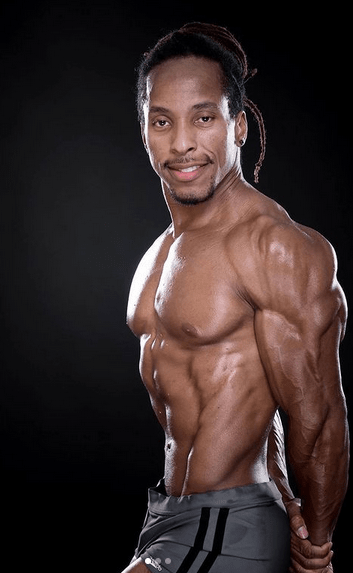
In his life, Torre didn’t try beef. Torre has been born as a vegetarian and is a licensed coach at the National Academy of Sports Medicine (NASM), a trained bodybuilder, sprinter. Nearly two decades ago “The Vegan Dread” accepted veganism. The four-time vegan bodybuilding champion said that his vegan diet is adapted to suit his workout scheme, and afterward, he helps speed regeneration and recovery.
2. Nimai Delgado
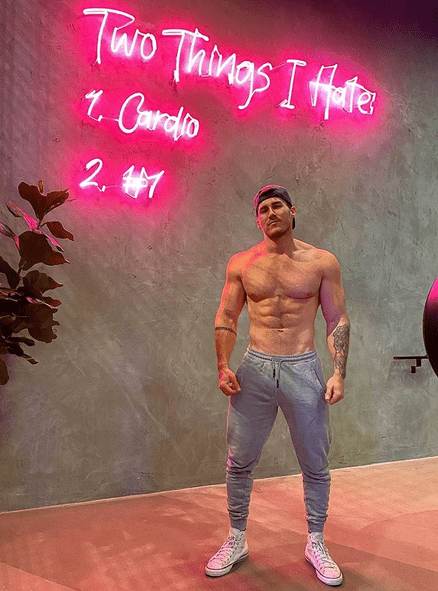
Nimai’s mechanics will be the fiercest critic of a vegan diatribe as a vegan competitor and a trained bodybuilder. He has been vegetarians since birth and wins in the coveted Competitions in the Fresno Classic USA Hawaii Pro Sacramento Pro, and the Grand Prix. He has been on a vegan 95% diet until 2015 without dairy products and is still thriving more now from the look of things.
“When it comes to vegan bodybuilding, there is no drawback or limiting factor. It’s all about the guy working ethics mentalities and so much more. He wrote on Instagram.
3. Patrik Baboumian
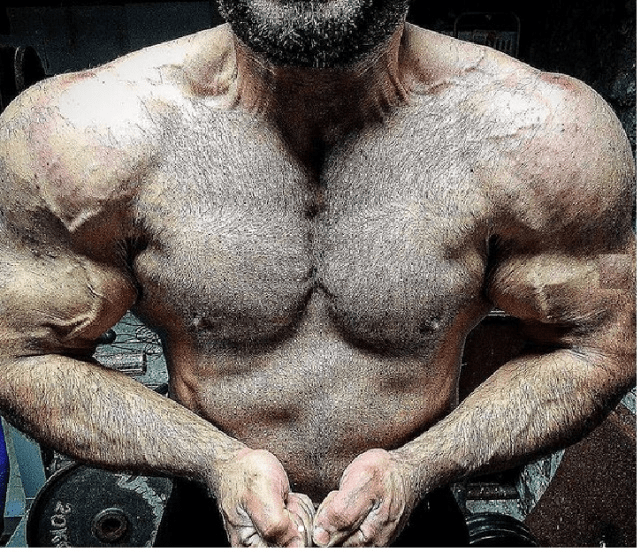
You will trust in the power of vegan proteins from the Armenian-German strongman and fitness athlete’s powerful, rock body. His cruelty-free lifestyle is also considered the best vegan in the country and Patrik is vocal. He is a vegan and Patrik claims he never was stronger over the last five years in 23 years of his career. In social media networks, he continually dissipates misconceptions about vegan diets.
Vegan Bodybuilding’s Bottom Line
You will grow muscle and get overweight when on a vegan bodybuilding diet Matthews Venus strong pair are proof. But what are you doing must you know.
And getting ideas from Instagram’s for your vegan meal schedule, as below, isn’t a substitute for collaborating with a pro Vegan bodybuilding can become very difficult and needs a lot of time. It is also best to consult with a trainer or dietician to help you do so in the best possible way, Moreno says that. You got it there. If those misconceptions are the only things that deter you from launching your vegan muscle-building program, you know they’re just that now. Myths only.
Go on the prepare! Check out our blog to make your meals more fun! It’s packed with the most delicious, rich protein recipes you can create every day.
